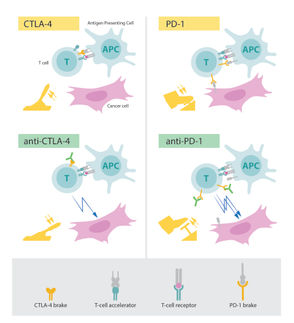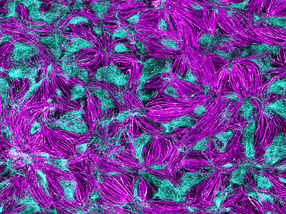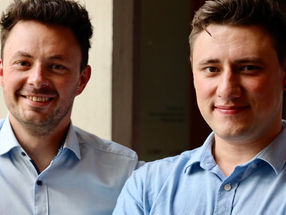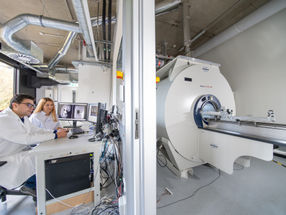Genentech Announces Positive Results from Phase IV Study of Raptiva in Patients With Psoriasis
Genentech, Inc. announced results from a Phase IV study of Raptiva® (efalizumab) that showed statistically significant improvement in patients with chronic moderate-to-severe plaque psoriasis involving the hands and feet. The 12-week study is the first randomized, double blind, placebo-controlled trial to evaluate a biologic agent in the treatment of this uniquely challenged subpopulation of psoriasis patients.
The primary endpoint of this study was to evaluate the efficacy of Raptiva, defined as the attainment of a Physician's Global Assessment (PGA) rating of clear (0), almost clear (1), or mild (2) at the end of a 12-week treatment period. Eligible adult patients with chronic moderate-to-severe plaque psoriasis of the hands and/or feet were randomized 2:1, with 52 patients receiving a once-weekly dose of 1mg/kg of subcutaneous Raptiva and 28 patients receiving placebo for 12 weeks.
Of the 80 patients who were randomized into the study, approximately 46 percent (24/52) of patients in the Raptiva group received a PGA rating of clear (0), almost clear (1), or mild (2), compared to 18 percent (5/28) of patients in the placebo group (p=0.015). A secondary endpoint defined as the attainment of a PGA rating of clear (0) or almost clear (1) at the end of the same 12-week period was also assessed. Of the 80 patients who were randomized into the study, approximately one third (33 percent or 17/52) of patients receiving Raptiva were clear (0) or almost clear (1), compared to 7 percent (2/28) in the placebo arm (p=0.013).
Adverse events in this study were consistent with previous company-sponsored clinical trials with Raptiva. Serious adverse events (SAE) observed in this study included gastrointestinal hemorrhage and lacunar infarction in one patient receiving Raptiva and one serious infection reported in a patient receiving placebo. None of these SAEs were considered to be related to the study drug. Serious adverse reactions observed in previous experience with Raptiva are serious infections, malignancies, thrombocytopenia, hemolytic anemia, arthritis events, and psoriasis worsening and variants.
Raptiva® (efalizumab) is a humanized therapeutic antibody designed to selectively and reversibly block the activation, reactivation and trafficking of T-cells that lead to the development of psoriasis.
Most read news
Organizations
Other news from the department research and development

Get the life science industry in your inbox
From now on, don't miss a thing: Our newsletter for biotechnology, pharma and life sciences brings you up to date every Tuesday and Thursday. The latest industry news, product highlights and innovations - compact and easy to understand in your inbox. Researched by us so you don't have to.























































